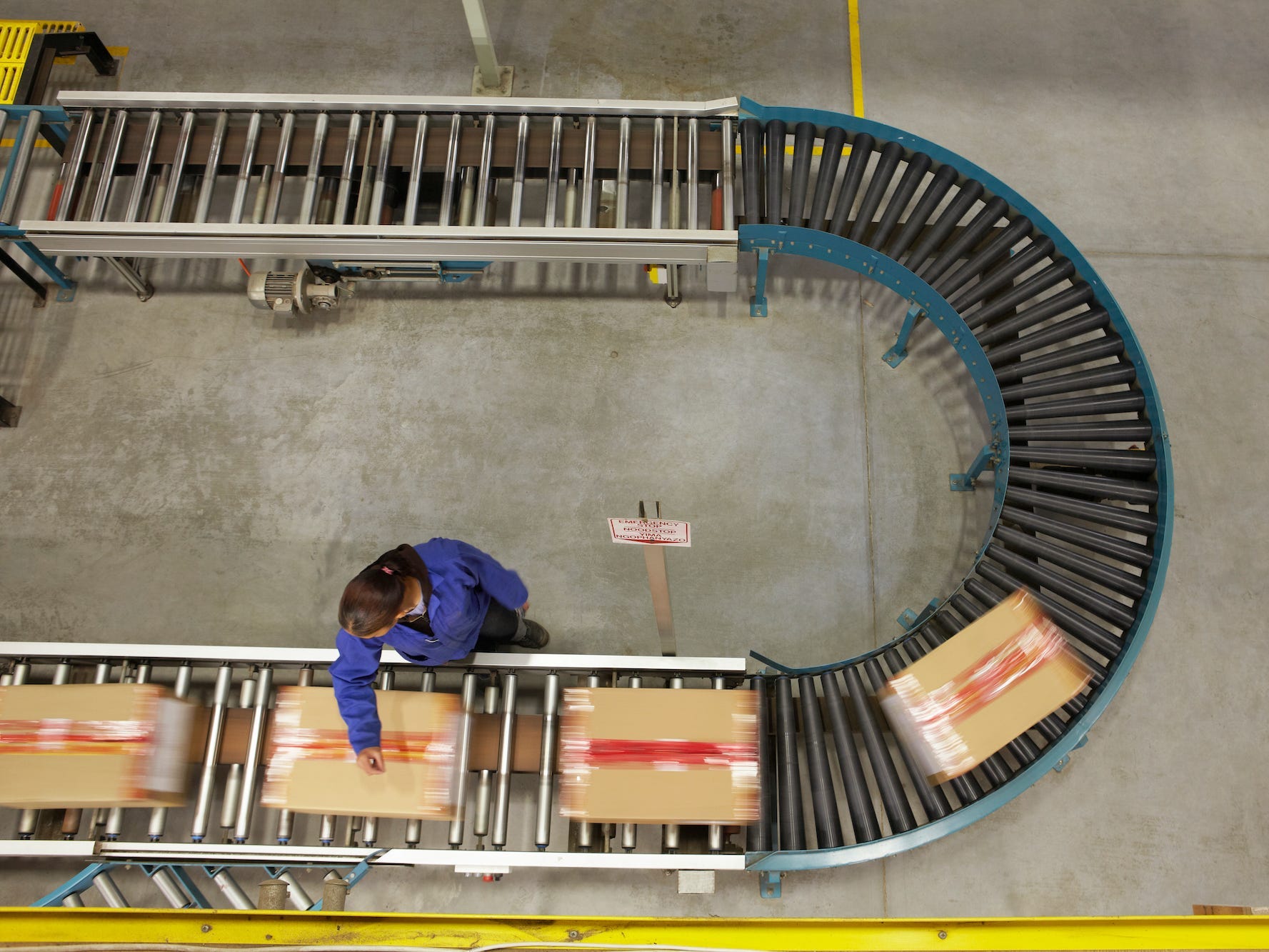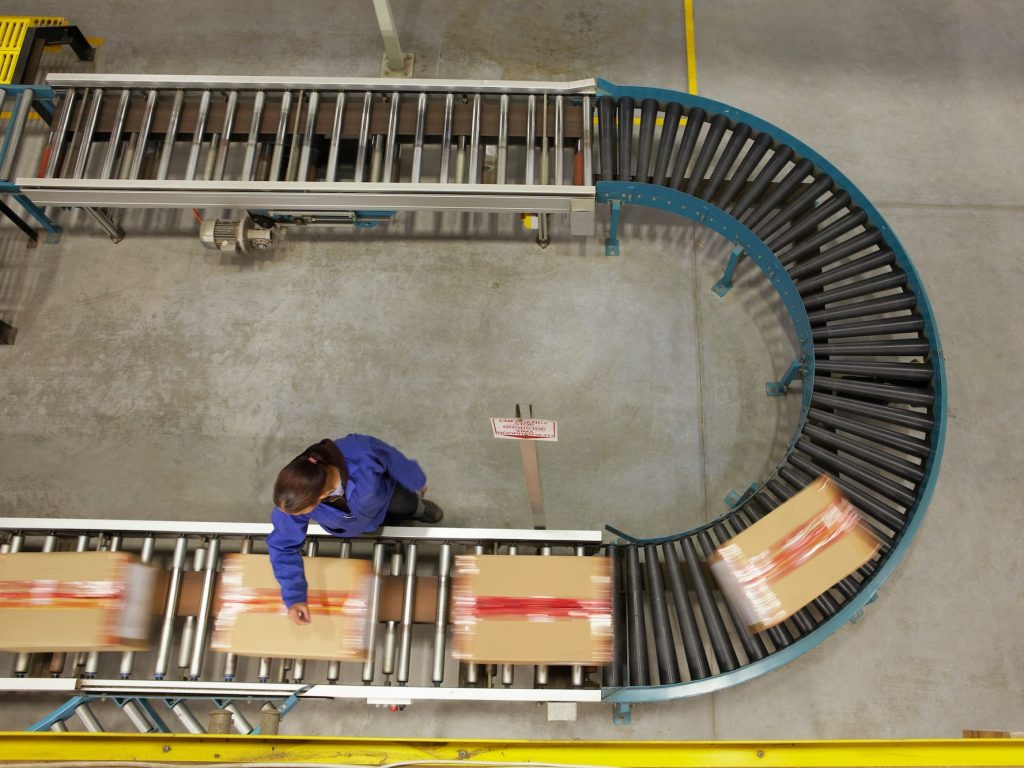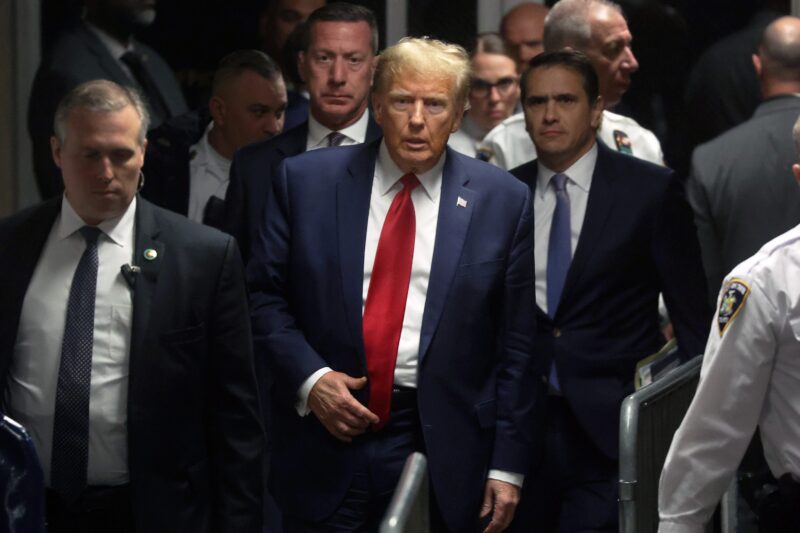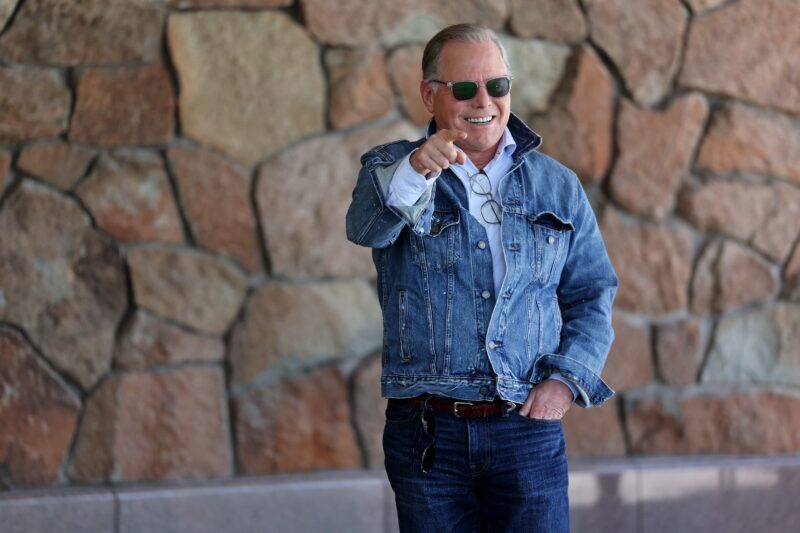
- The average CEO-to-worker pay ratio at S&P 500 companies was 299-to-1 in 2020, the AFL-CIO says.
- Its report says S&P 500 CEOs saw their pay increase by $712,720 on average over the year prior.
- The findings come as many companies scramble to find workers to fill jobs at existing wages.
- See more stories on Insider's business page.
The gap between the salaries of CEOs and their workers grew wider in 2020, according to a new analysis from the AFL-CIO.
The average CEO of an S&P 500 company made 299 times more money than the median employee last year, the union federation said in a press release issued Wednesday. This is greater than the CEO-to-worker ratio of 264 to 1 in 2019, Reuters reports.
"2020's growth in pay inequity between workers and CEOs confirms the 'executive base salary reductions' touted during the COVID-19 crisis were just lip service," the AFL-CIO said in the release.
The greatest chasm between CEOs' and workers' pay emerged in the consumer discretionary sector, where the average pay ratio was 741-to-1. This sector includes Amazon and retail companies like Starbucks, McDonald's, and Chipotle, whose workers are often paid lower wages.
The AFL-CIO also found that CEOs of S&P 500 companies received $15.5 million in total compensation on average last year. The average S&P 500 CEO's pay grew $712,720 last year, according to the analysis.
In the past 10 years, the average S&P 500 CEO's pay has grown by $2.6 million, representing an increase of $260,000 per year. The average wage for production and nonsupervisory workers only rose $957 per year in the same period, the AFL-CIO says.
News of the growing pay gap comes as the US grapples with a shortage of workers to fill jobs at current wages as the economy reopens from the coronavirus pandemic. Some companies are responding by hiking up wages, offering additional benefits, and even offering cash to show up for an interview. Staff fed up with working conditions are also walking off their jobs en masse at some stores.










